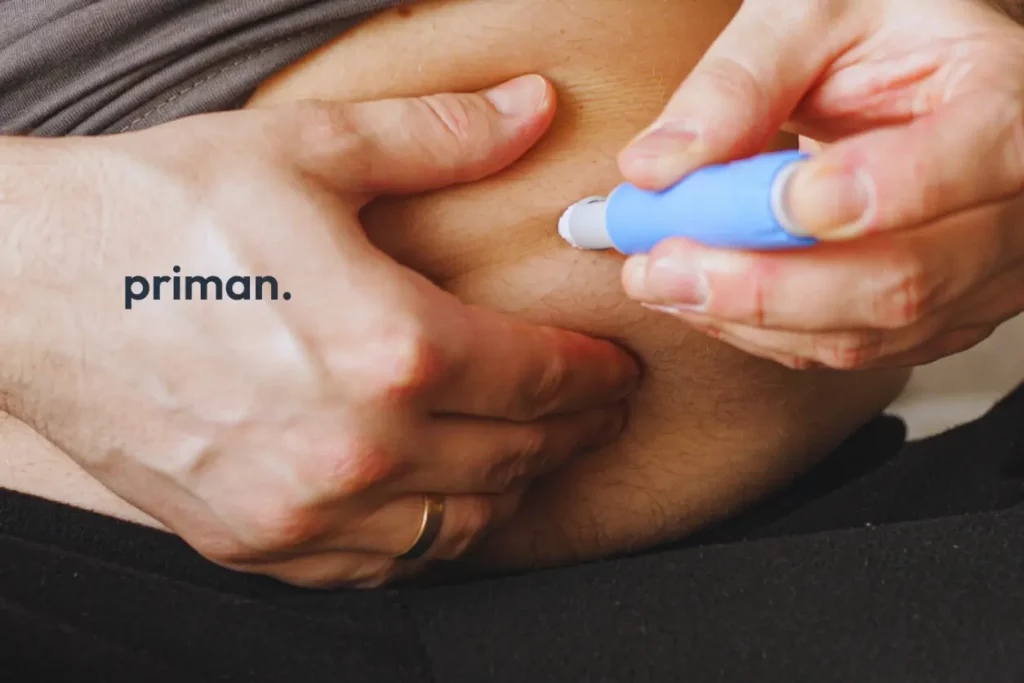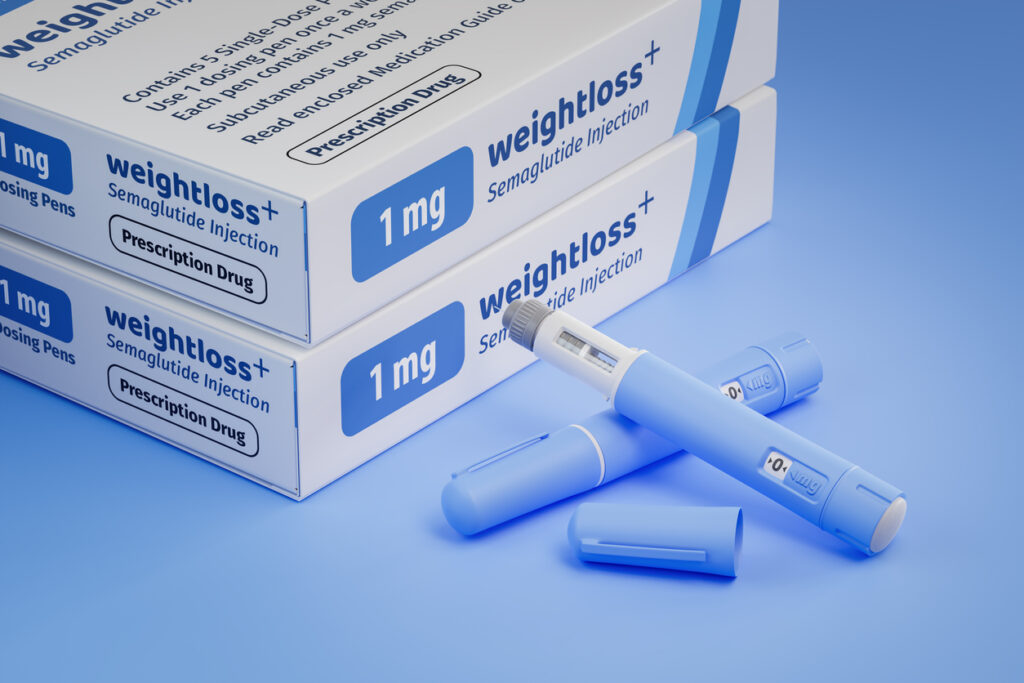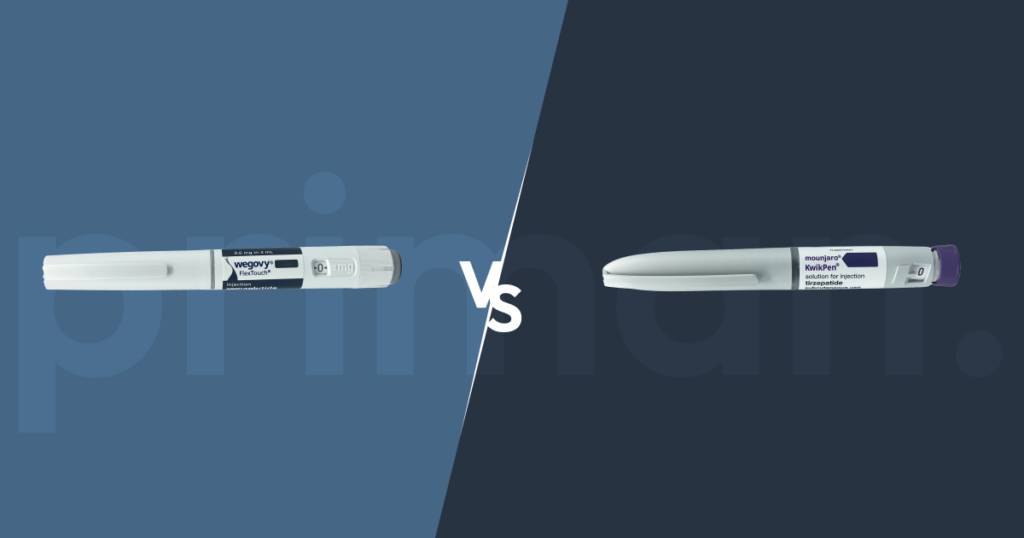According to a recent Guardian article, a weight loss drug appears effective in alleviating sleep apnea in obese patients.
For many people struggling with obesity, obstructive sleep apnea (OSA) presents a frustrating double trouble. Obesity is a major risk factor for OSA, and OSA itself can disrupt sleep and make weight loss even harder. A recent study, however, offers a glimmer of hope. Researchers investigating the weight-loss drug tirzepatide (brand names Mounjaro and Zepbound) found it significantly reduced sleep apnea severity in obese participants.
OSA & CPAP
Obstructive sleep apnea occurs when the upper airway repeatedly collapses during sleep, causing breathing to stop or become shallow. This disrupts sleep quality, leading to daytime fatigue, difficulty concentrating, and an increased risk of heart disease and stroke. The current gold standard for treating OSA is a Continuous Positive Airway Pressure (CPAP) machine, which delivers continuous positive airway pressure to keep the airway open. However, some patients find CPAP machines uncomfortable or cumbersome, leading to poor compliance.
Weight Loss & Sleep Apnea
The study, published in the New England Journal of Medicine, investigated the effects of tirzepatide on over 400 adults with both obesity and OSA. Participants were given either the drug or a placebo for a year. The results were striking: those taking tirzepatide experienced a reduction in sleep apnea events by up to two-thirds compared to the placebo group, which saw a decrease of less than 10%.
This improvement is attributed to the drug’s ability to promote weight loss. Obesity is a major risk factor for OSA as excess tissue around the neck can obstruct airways during sleep. Tirzepatide, a glucagon-like peptide-1 (GLP-1) receptor agonist, works by mimicking a natural gut hormone that regulates appetite and blood sugar. By increasing feelings of fullness and reducing blood sugar levels, the drug can lead to sustained weight loss, effectively shrinking the tissue around the airways and improving breathing during sleep.
These research findings are exciting for several reasons. First, it suggests a potential new avenue for treating sleep apnea, offering an alternative to CPAP machines for those who struggle with compliance. Second, it highlights the complex interplay between obesity and sleep. By addressing weight loss, we may be able to improve not only a patient’s overall health but also their sleep quality.
In Summary
For now, the study offers a promising path forward. Weight loss remains a crucial component in managing sleep apnea, and tirzepatide proves to be a valuable medication for obese patients. The future of OSA treatment may involve a more personalised approach. For some, CPAP machines will remain the best option. For others, medications like tirzepatide, potentially combined with lifestyle changes, could offer a more comfortable and sustainable solution.
The research paves the way for further exploration in these findings, offering hope for a better night’s sleep for millions struggling with OSA.
To know more about:
Uncover the Connections Between Sleep Apnea and Weight
References
- Davis, N. (2024) “Weight loss drug could ease sleep apnoea in people with obesity, study says,” The guardian, 21 June. Available at: https://www.theguardian.com/society/article/2024/jun/21/weight-loss-drug-could-ease-sleep-apnoea-in-people-with-obesity-study-says.
- Malhotra, A. et al. (2024) “Tirzepatide for the treatment of obstructive sleep apnea and obesity,” The New England journal of medicine. doi: 10.1056/nejmoa2404881.
- Research (2020) The Sleep Apnoea Trust. Available at: https://sleep-apnoea-trust.org/research/
- Sleep apnoea (2022) nhs.uk. Available at: https://www.nhs.uk/conditions/sleep-apnoea/









